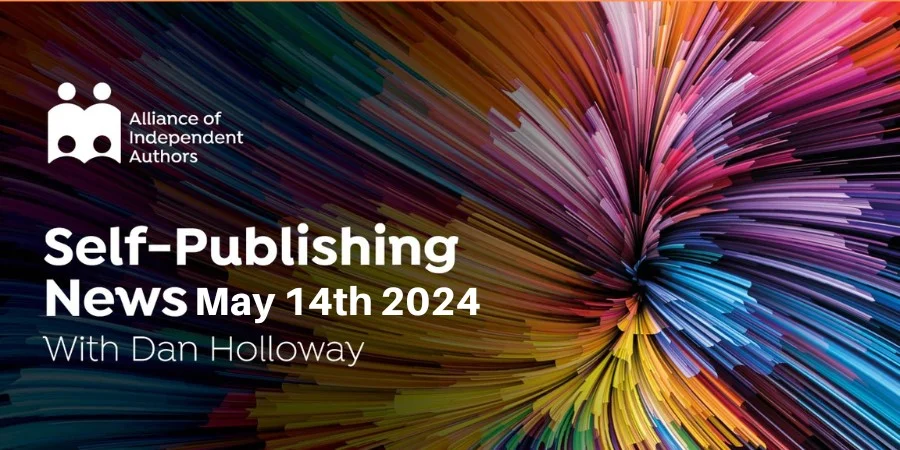
ALLi News Editor, Dan Holloway
It won’t have escaped your notice that Amazon is currently, as it regularly is, subject to an antitrust complaint from the Federal Trade Commission (FTC). The complaint, as it stands, alleges that Amazon uses its giant market share to squeeze out competition, damaging the business ecosystem and preventing rivals from competing with it through price manipulation. There is also an interesting allegation that its own price-cutting damages sellers by reducing their margins to wafer thin.
All parts of the literary industry are part of this complaint, seeking markets that work better for them and consumers. Except the one part that Amazon was originally involved in competing with directly: the bookstore. The American Booksellers’ Association has requested that bookstores be added to the complaint in view of the damage they allege Amazon has done to the independent sector. They cite the decline from seven thousand stores in the US when Amazon started up to two thousand five hundred at present. The American Booksellers' Association makes particular note of the fact that Amazon started as a bookseller.
Whatever the rights and wrongs of the case, the story has made me flick back through my DVD collection to rewatch You’ve Got Mail.
Another tech giant with a name from the pinnacle of the alphabet (no, not actually Google’s parent, Alphabet, though that would be neat) has also had a week of bad PR. A question that’s received a lot of attention since the growth of AI is one dear to my own heart: What is creativity? More specifically, what is the relationship between creativity and technology? Can technology actually be an invaluable assistant in the creative process?
Many in the tech and creative world have made the case that it can. And last week, Apple sought to make its own forceful case to that effect in its latest ad (remember when Apple ads were themselves groundbreaking creative pieces?). Unfortunately, it has taken the word “forceful” somewhat too literally. The ad, subtly titled “Crush,” sees a giant mechanical compressor smash musical instruments and other physical tools of the creative life from paint to journals to smithereens. Apple's “Crush” ad has been widely criticized.
Right down, in fact, to the thinness of the new iPad Pro. It’s sort of reminiscent of Steve Jobs’ famous line about the first iPod being “a thousand songs in your pocket.” Except that someone with Jobs’ arrogance but not his intellectual deftness or aesthetic appreciation has thought, “This is like all those bulky tools you use being creative in your pocket. But I don’t trust you to actually be creative enough to get the metaphor, so let’s show you what that looks like. Literally.”
Suffice to say, as this comes at a time when book bans are on the rise and there are genuine worries about creative iconoclasm and predatory technology, there has been “some upset.”




